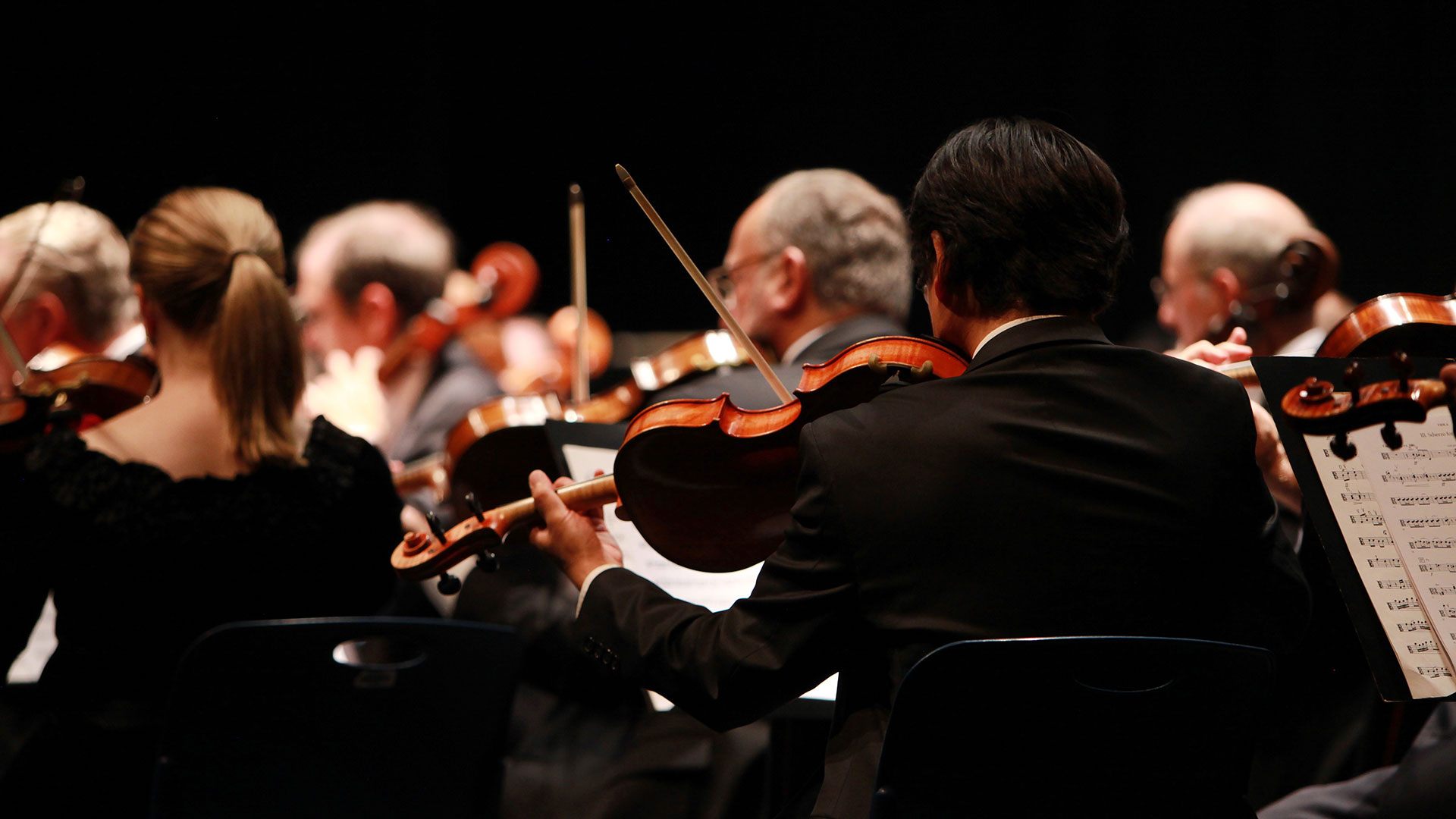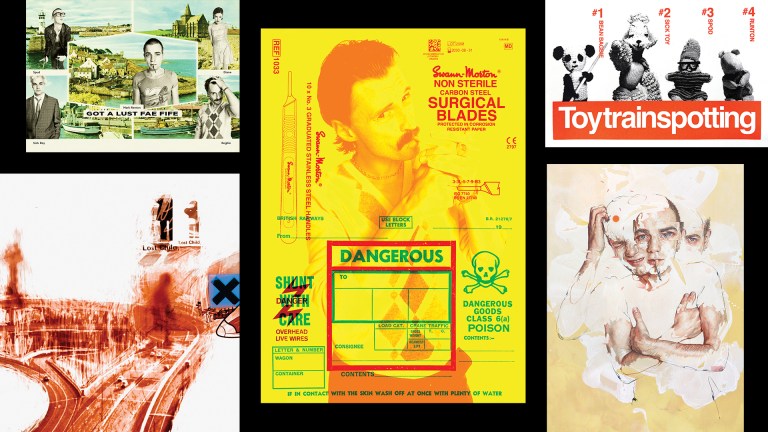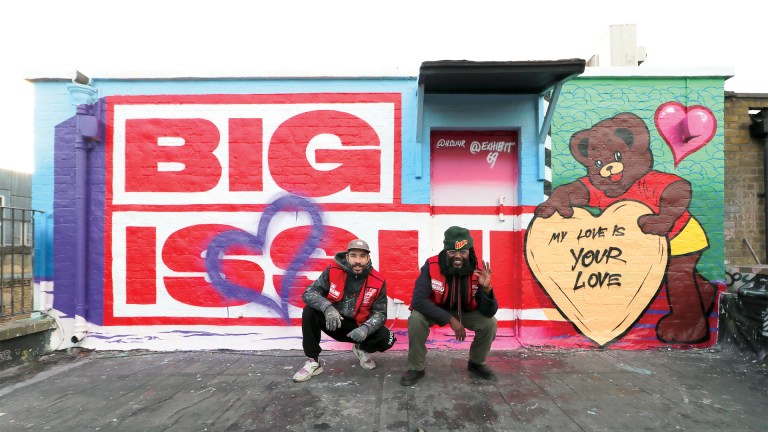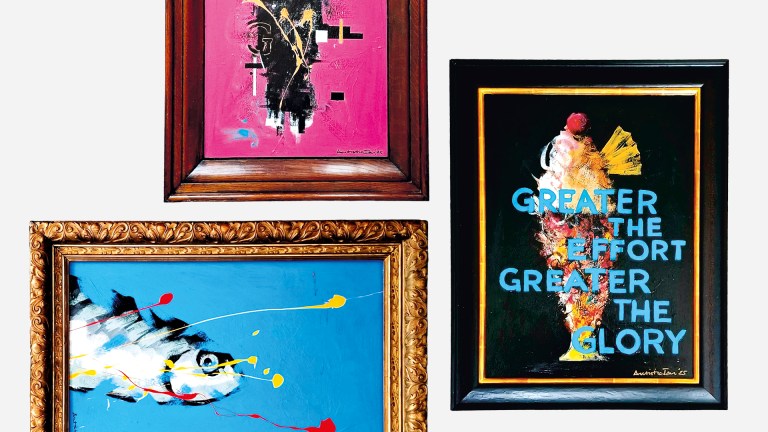“It’s a changing society, a changing economy – this represents the future. Further investment, public investment, would be repaid enormously.”
The latest available figures, collected in 2016, show the industry grew by £390m in a year, and contributed £2.8bn to the Treasury in taxation.
And productivity in the arts was greater than that of the economy as a whole, with £62,000 gross value added per worker (compared to the £46,800 UK average).
The report, produced by the Centre for Economic and Business Research, also looked at the spillover benefits of arts and culture like regeneration of local areas and improved transport links.
Nearly half of cultural organisations surveyed said they had buildings regenerated as a direct result of their activities; meanwhile more than eight in ten said they supported local artists and business to help locals develop skills and get employed in the commercial creative industries.
When asked why they provided such support, many organisations cited concerns over the future of the industries as a motivating factor.
Advertising helps fund Big Issue’s mission to end poverty
Serota added: “Public investment in the arts is fuelling local regeneration across the country, pushing skills and talent to the commercial sector, and driving the world class reputation of our creative industries.”
The report claimed that investment in the arts in deprived areas can be an effective way of establishing a “city brand”, attracting young creatives to the area and kickstarting urban redevelopment.
The Midi Music Company, based in Southeast London, has also seen improved transport links in the area with the addition of the DLR and refurbishment of Deptford train station. Other organisations reported better bike lanes and improved road networks.
But nearly 75 per cent of UK arts and culture organisations said they had been hit by public funding cuts and had been forced to reduce both staff and capacity
London’s Royal Philharmonic Orchestra said local government cuts have created a crisis in which venues “suffer a lack of expertise and knowledge of orchestral music”.
Advertising helps fund Big Issue’s mission to end poverty
And of those organisations which were able to compensate for funding lost through cuts, many were only kept afloat by reliance on private donations and corporate sponsorships.
The ACE report follows comments made by Lucy Noble, artistic and commercial director at the Royal Albert Hall, pointing to poor music education as “absolutely” exacerbating inequality in the arts.
She believes – like the Musicians’ Union – that disadvantaged young people do not have access to the same opportunities to get involved in music as their wealthier peers.
Noble said nurturing young creatives “needs to start with the grass roots”, adding that schools most “step up” to ensure quality music education for all.
“What is happening is this divide being created between people with the knowledge, and who can afford it, being able to give their children access to music.
“But for people who don’t have the know-how or can’t afford to pay for private lessons, and the schools aren’t delivering that really important music education, then what hope have they actually got? The opportunities just aren’t there for them at all.”
Advertising helps fund Big Issue’s mission to end poverty
The commercial director also said the postcode lottery faced by many pupils adds to a gender divide in classical music, with a lack of resources meaning many are exposed to only “white, male titans” like Mozart and Bach with a distinct lack of women and minorities.
The Royal Albert Hall’s education and outreach programme worked with more than 215,000 participants in schools, communities and charities last year.
ACE chair Serota said the arts and culture industry’s resilience in the face of austerity had been “astonishing” but warned that cuts were driving organisations to rely too heavily on volunteers.









